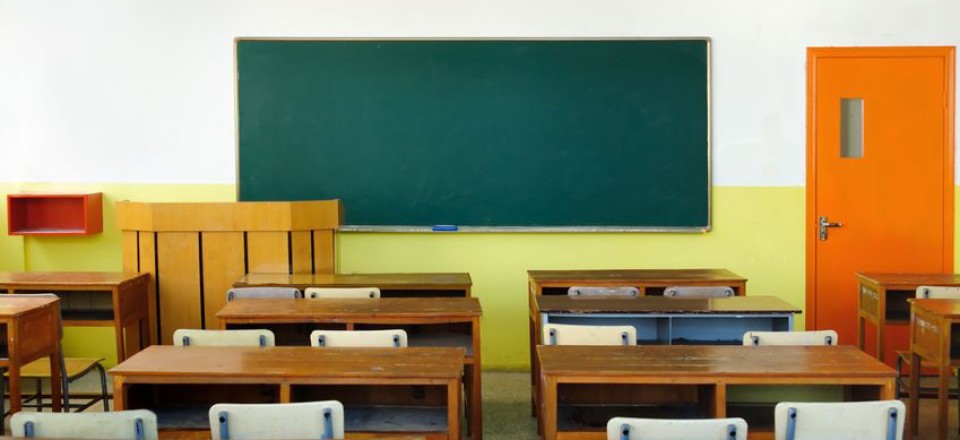✴︎ Available only with purchase from publisher
“Many of society’s most vexing problems must be solved through collaborative arrangements. Growing scholarly interest in collaboratives recognizes that the capacity for collective learning may play a critical role in their success. However, limited theoretical or empirical research exists to explain how learning occurs and the conditions that support learning in this context. In this article, we draw upon a wealth of literature, ranging from organization theory, policy process and change, and network analysis, to establish a framework of collective learning to guide inquiry in learning in collaborative governance settings. We apply our learning framework to a study of learning in a collaborative ecosystem restoration program in the Florida Everglades. We use the framework to guide a study of how learning processes and products are linked within a collaborative using a case-based, inductive approach at two levels of analysis — the larger program level and the subcase level of a learning product case. Our multilevel analysis draws upon survey and interview data to examine how the framework helps diagnose the specific types of learning processes and products that emerge in this setting, as well as the factors that influence these learning processes. In doing so, the analysis illuminates theoretical propositions, not explained by the broader literature on collective learning, around the structural, social, and technological features of the collaborative, which may foster learning.”





